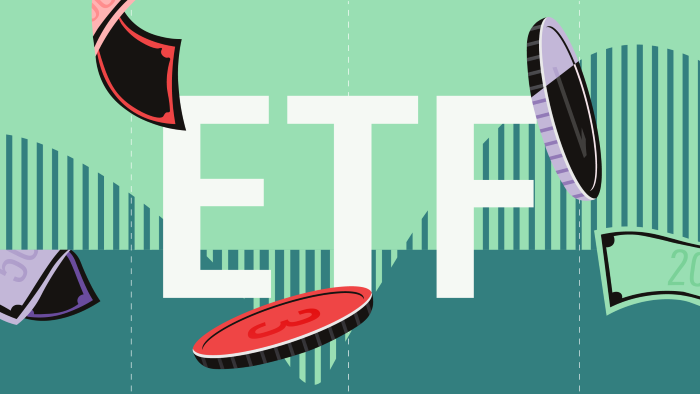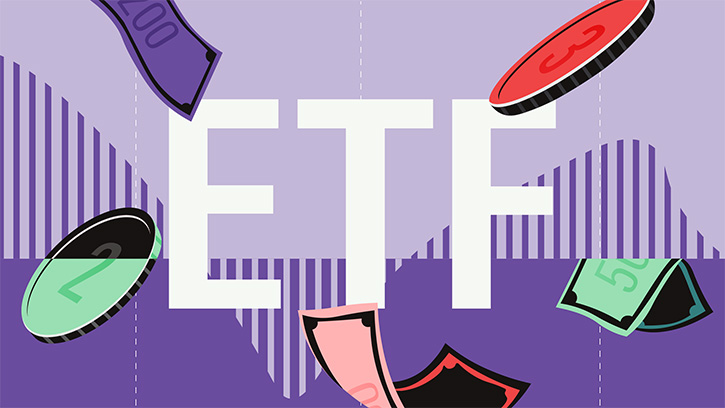Investeringskommentar, Jeffrey Vonk, Eq. Analyst, 29/04/2016
Vestas reported decent first-quarter results, with revenue down 4% compared with first-quarter 2015 and an adjusted EBIT margin of 5.8%, up 60 basis points year on year. Adjusted EBIT increased by 8%, driven by improved project margins and service growth, which were slightly offset by higher fixed costs. First-quarter revenue and profitability were roughly in line with expectations; we therefore maintain our no-moat rating and fair value estimates of DKK 400 per share for the Danish shares and EUR 52 for the European shares.
Vestas' order intake in the first quarter was very strong, mainly driven by high market activity in Norway, France, and Germany, whereas the Americas and Asia-Pacific regions had relatively lower activity levels. The value of the order backlog reached a record high at EUR 18 billion at the end of March, compared with EUR 16.8 billion a year earlier. Another positive highlight, in our view, was a strong 17% increase in service revenue relative to first-quarter 2015. We like the strong development of Vestas' services business, as it helps to offset revenue and margin swings in the company's equipment offerings.
Over the past year, we've repeatedly indicated that we don't view the pricing stability (seen in second- and third-quarter 2015) as sustainable in the long run. To increase the competitiveness of wind energy relative to other forms of energy generation, MW prices would need to decrease, in order to reduce the levelised cost of wind energy. Fourth-quarter 2015 price declines continued this quarter. The average selling price of order intake in the first quarter expressed per megawatt hours, or MW, declined to EUR 0.82 million from EUR 0.90 million in the fourth quarter. This price depends on several factors, such as wind turbine type, geography, and scope. In our valuation estimates, we have built in some price stability for the remainder of 2016, but we foresee falling prices per MW in the long run.
Bulls Say
- Wind energy is the only renewable energy source that is likely to be cost-competitive against conventional power sources like coal and natural gas in the future.
- Vestas is likely to benefit as governments across the world place a heavy emphasis on renewable power generation in stimulus packages.
- After years of declines in turbine equipment prices, Vestas can regain pricing power. The combination of good volume growth, increasing pricing power, and expense control will lead to expanding margins.
Bears Say
- With current low natural gas prices, wind is less economical from a cost perspective (especially without governmental incentives) and many power generators are unlikely to make the investment in wind over the near term.
- GE entered the market in 2004 and has since been able to capture significant market share. As GE becomes more experienced at putting the turbines together, we expect its costs and prices to fall, putting even more pressure on Vestas.
- Vestas' continued focus on costs and the lack of product development erode the company’s offering, leading to market share losses.
















